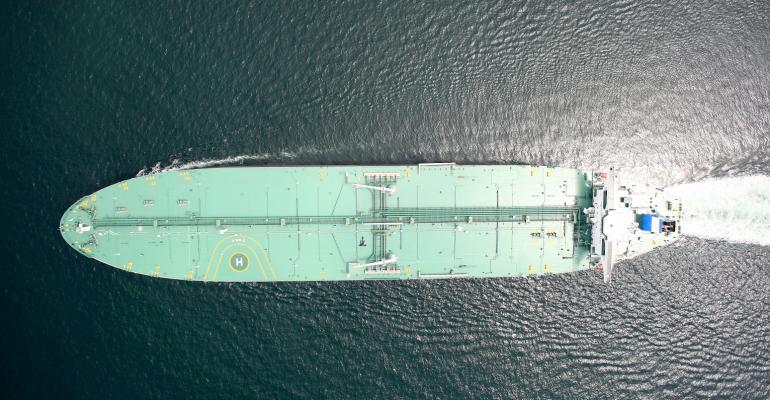Crude oil imports fell last year for the first time in 20 years, London-based shipbroker, Gibson, noted in its latest market report. At 512.98m tonnes, volumes fell by 5.4% compared with 2020.
Gibson also revealed that the decline in imports came despite an increase in refinery runs, with Chinese refinery output up 4.3% year on year. However, lower refining runs were evident towards the end of the year, a result of mobility restrictions and reduced demand due to the country’s strict Covid strategy.
Meanwhile, the first round of 2022 crude oil import quotas have been reduced by 11% compared with last year, down by more than 109m tonnes. This comes as China’s refining sector is under pressure to consolidate and cut excess capacity, Gibson noted, with a cap of 20m b/d by 2025. This leaves little margin for growth although utilisation rates could well rise as older so-called ‘teapot’ units are less productive than newer ones.
Gibson notes that refiners have been asked to limit emissions ahead of the winter Olympics. The policy includes options such as cutting throughput by 30% or limiting utilisation rates to 70%. Transport fuel demand would normally be higher, with more Lunar New Year-related travel, but restrictions have put this in doubt, the shipbroker said. Jet fuel demand could prove to have been as much as 15-20% lower in January.
Over the last two decades, continued growth in demand for crude oil has helped to underpin the VLCC and Suezmax sectors but the reduced quotas could now have an impact. Meanwhile, the refinery quotas are likely to cut possible exports volumes of products which is a negative for tankers trading in the East. However, Gibson notes that China is still the strongest source of crude tanker demand and future imports will remain considerable and robust for many years to come.
Copyright © 2024. All rights reserved. Seatrade, a trading name of Informa Markets (UK) Limited.
Add Seatrade Maritime News to your Google News feed.  |

